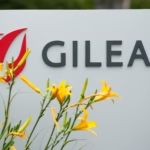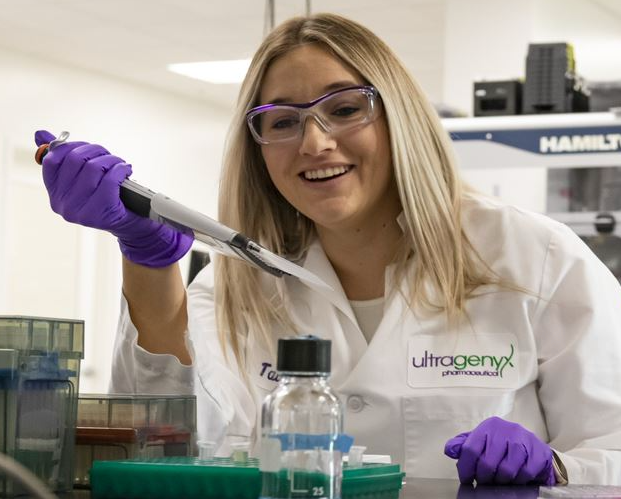On 23 April 2025, three companies — Pfizer, Innovent Biologics, and BriaCell Therapeutics — announced new data that will be presented at the upcoming American Society of Clinical Oncology (ASCO) Annual Meeting.
- Pfizer unveiled more than 60 abstracts spanning multiple tumour types. Key highlights include results from the Phase III BREAKWATER trial in first-line BRAF V600E-mutant metastatic colorectal cancer, evaluating encorafenib + cetuximab + chemotherapy. Pfizer will also present data from VERITAC-2, a Phase III trial in ER+/HER2- metastatic breast cancer, as well as updates on antibody–drug conjugate (ADC) and immunotherapy combinations in thoracic cancers, plus long-term survival data from ARCHES (prostate cancer) and early findings from the MagnetisMM-6 multiple myeloma study.
- Innovent Biologics announced seven presentations, including the first clinical results for IBI363, a PD-1/IL-2α-bias bispecific antibody fusion protein, tested in patients with melanoma, colorectal cancer, and non-small cell lung cancer who had previously received immunotherapy. Innovent also shared early Phase 1b data for IBI343, an ADC targeting CLDN18.2, in pancreatic cancer – a disease with limited treatment options.
- BriaCell Therapeutics reported that it will present four sets of data at ASCO 2025, led by an update from the Phase III BRIA-ABC trial, which is testing Bria-IMT in combination with a checkpoint inhibitor versus physician’s choice therapy in metastatic breast cancer. Additional updates will include Phase I/II survival results for Bria-IMT + anti-PD-1, a “trial in progress” for its Bria-OTS personalized cellular immunotherapy, and data exploring how HLA matching influences outcomes in breast cancer treatment.
Why This Matters
- The Pfizer BREAKWATER and VERITAC-2 trials could redefine front-line treatment for difficult-to-treat cancers like metastatic colorectal and ER+/HER2- breast cancers.
- Innovent’s bispecific PD-1/IL-2α therapy (IBI363) represents a novel immunotherapy approach designed to selectively stimulate immune cells while potentially reducing toxicity.
- BriaCell’s focus on cell-based and combination immunotherapies highlights the momentum toward personalized approaches in breast cancer.
Together, these data underscore how oncology pipelines are increasingly embracing combinations, novel modalities, and biomarker-driven strategies to improve survival and outcomes for patients.















